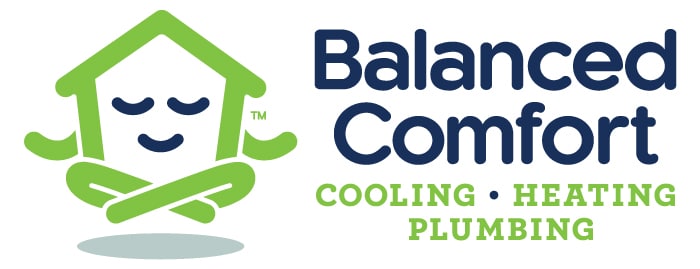Heat Pumps vs. Gas Furnaces
Heat pumps and gas furnaces are both great options for heating and cooling your home; however, they work in completely different ways. One may be more efficient than another when it comes to temperature control in your home. If you are looking to upgrade or replace your HVAC system, you should know the differences to make the best choice for you.
What is a Heat Pump?
Heat pumps are part of the exterior heating and cooling system and uses air from outside to control the temperature inside your home. Heat pumps are versatile because they act as both the air conditioner and the heater. Heat pumps are also very energy efficient because it transfers air rather than creating new air.
Heat pumps are great for homes in climates with mild weather where temperatures do not often go below freezing. Because heat pumps transfer air rather than convert, they use less energy and are more eco-friendly than gas furnaces. Heat pumps also transfer up to 300 percent more energy than it consumes whereas gas furnaces are only about 95 percent efficient.
What is a Furnace?
Furnaces do not transfer air like heat pumps. Instead, a furnace converts fuel into heat that is then distributed throughout the home. Furnaces are larger than heat pumps and are located indoors rather than outdoors. The furnace is also made up of four separate parts—burners, heat exchangers, blower, and a flue.
Furnaces can run on either gas or oil and are much more effective in the winter months when temperatures are very cold. Furnaces warm your home to higher temperatures than a heat pump can and have a longer lifespan. With proper maintenance, gas furnaces can last twenty or more years while heat pumps can be expected to last for around fifteen years. Because furnaces have less components than heat pump systems, mechanical breakdowns are less likely with furnaces.
Dual heating systems blend gas furnaces and heat pumps into one efficient unit where the heat pump operates during more mild weather but as temperatures drop, the furnace takes over. These systems switch between heat pump powered temperature control and gas furnace heat distribution automatically, so homeowners never have to worry about anything.
There are many things to consider when determining whether or want to use a heat pump system, gas furnace, or a dual system. Installation cost is one major variable that will need to be discussed with an HVAC company before you make a final decision. Furnaces must have access to natural gas and these connections can be costly to establish. Heat pumps do not need a utility connection but upgraded wiring may be necessary to support supplemental heat sources if the temperatures go below freezing. With so many things to consider, make sure an HVAC company is the first call you make for honest and accurate answers to all your questions.
